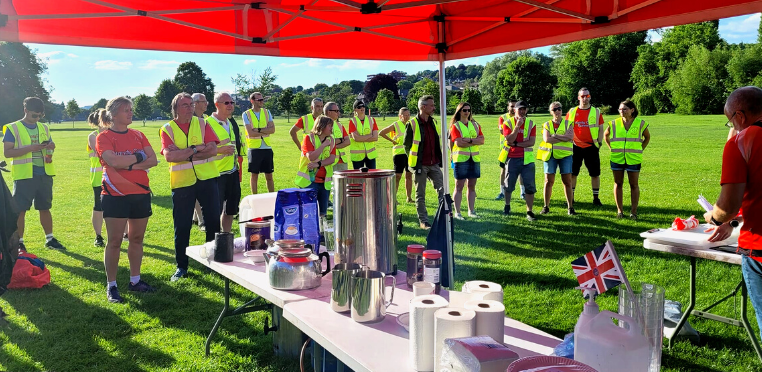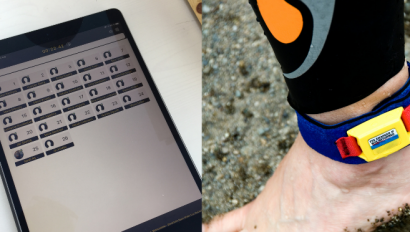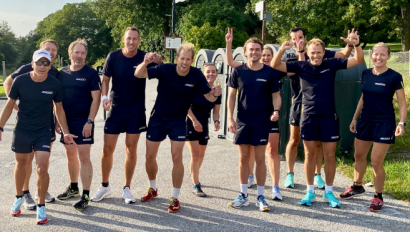5 Key Positions in an Event Management Team

From short 5km races to multi-day endurance races, the event management team is the key engine to drive a successful race. All structures vary slightly, but a common theme for the best performing teams is having a heavily devolved area of responsibility, each person within the event management team ‘owns’ their area.
Here are five key positions you will often find in an event management team. Smaller races might combine some of these positions and larger more complex races might have several people fulfilling the same role. All roles will ultimately report into the Race Director.
The 5 Key Positions You Need in Your Event Management Team
Race Director
A totally unglamorous job ensuring the safety of all involved with the event: staff, participants and the general public while delivering the event management plan related to race operations. Pre-planning is important and a cool head to be able to triage responses effectively and the ability to filter through a lot of information. The Race Director will coordinate a safety response with the event medical teams or emergency services as required.
A Race Director would normally run an athlete safety briefing and set the standards expected. You might think that is always an ‘athlete first’ approach. For Shane Ohly, who is Race Director for the infamous Dragon’s Back Race, ‘the event team always comes first’. Without a healthy and switched-on team, the race will fall apart and the safety of athletes compromised.
Equipment Manager
Equipment causes the most heachaches at events and covers everything from branding, first aid kits, tables, course marking and printers to name a few – anything required for the event! Having an equipment manager who has an eye for detail and a comprehensive inventory list is vital. This is a physical role with rigging and derigging areas and the ability to communicate instructions to any helpers. Often the equipment manager will make independent judgement calls on where to place infrastructure which does not compromise your risk assessment.
Front of House Manager
The ‘face’ of your event. An important role to promote brand consistency and give racers a personal touch. This role should be involved in all communication with participants at the event registration, safety briefings and be there to welcome athletes in at the finish line. This role will also manage media, sponsors and event partners. This is a people facing role which requires a level of care and a high standard of customer service.
Course Manager
The most physically active of the five roles. The course manager is responsible for course marking, course checking, re-routing and course clearing. Good course managers are familiar with the sport they are marking and think like athletes. One well-placed course marker can be worth dozens of poorly placed ones. In general, a course marker only needs placing where a decision should be taken for example when the path forks. Markers are often moved by the general public and there is an increasing amount of scrutiny over how courses are being marked. Chris Bradley, Race Director for Runway Adventures briefs athletes to ‘keep your head up and looking for signage. Keeping any eye on your map (phone/watch/paper) just in case the signage has been removed or tampered with’.
Marshall / Volunteer Manager
The marshall or volunteer manager will be responsible for finding, briefing and managing volunteers. If the event management team is the engine, marshalls are the fuel which makes a race happen. The Marshall Manager is the linchpin to keep these team motivated and well informed. Marshalls need to be in the right place at the right time and with the right equipment. They also need to be well looked after and appreciated, normally these are people giving up their time to help out.
Building your team and also need some volunteers? Read this article for some tips on how you can recruit and take care of your race volunteers!


